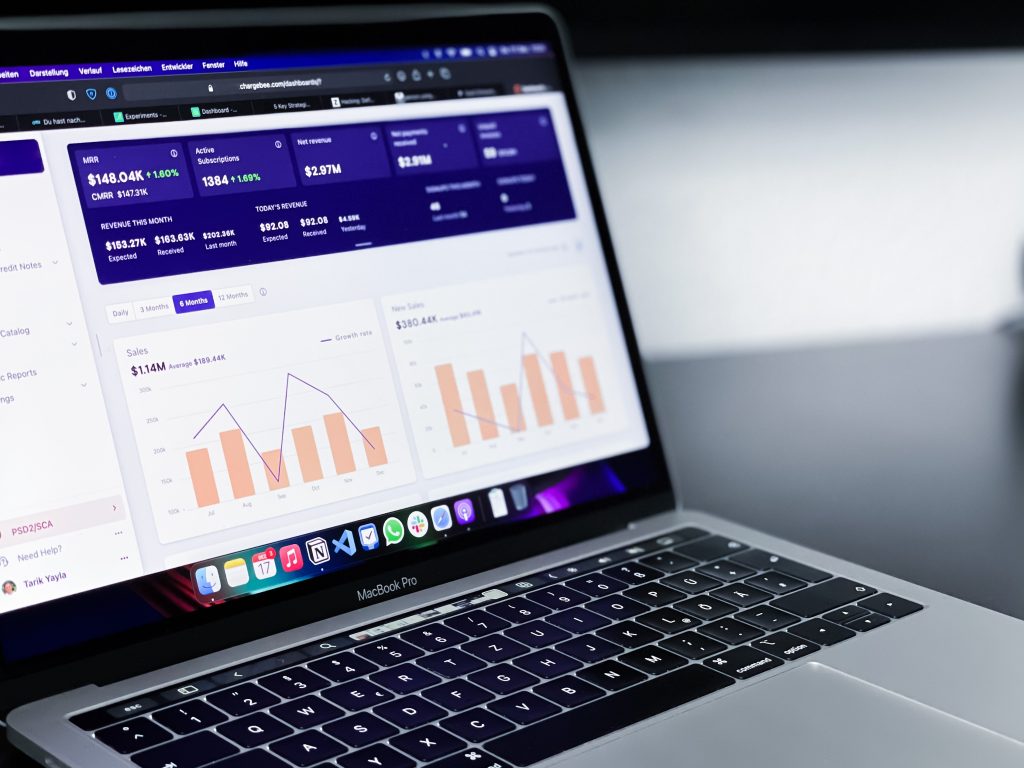This article delves into the topic of Business Analyst salaries in Australia, exploring the factors that influence remuneration and shedding light on the average salary ranges across different experience levels, industries, and regions. By examining the current market trends and providing a comprehensive overview, we aim to equip individuals with the information necessary to make informed decisions and navigate the competitive landscape of Business Analyst compensation in Australia.
Average Business Analyst Salary in Australia
Salary ranges for Business Analysts in Australia typically fall between AUD 75,000 and AUD 120,000 per year, with entry-level or junior Business Analysts starting at the lower end of the range and senior or lead Business Analysts earning towards the higher end.
It’s worth mentioning that salaries can change over time due to various factors, including economic conditions and market demand. To obtain the most accurate and up-to-date information on the average Business Analyst salary in Australia, it is recommended to refer to recent salary surveys and job listings or consult with recruitment agencies specializing in business analyst roles.

Top 5 Locations for Business Analysts Opportunities in Australia
According to top11.website own research in September 2021, the average salary for a Business Analyst in Australia can vary depending on factors such as location, experience, industry, and the organization’s size.
| City | Average Salary for Business Analyst per year* |
| Sydney | AUD 1,00,000 |
| Melbourne | AUD 100,000 |
| Perth | AUD 103,000 |
| Brisbane | AUD 95,000 |
| Adelaide | AUD 87,500 |
Top industries pay the highest salaries for business analysts in Australia
Business Analysts in Australia can find lucrative opportunities across various industries. While salaries can vary depending on factors such as experience, location, and organization size, several industries are known for offering higher salaries to Business Analysts. Here are some industries in Australia that tend to pay higher salaries for Business Analyst roles:
- Finance and Banking: The finance and banking sector is known for offering competitive salaries to Business Analysts due to the complex nature of financial systems and the importance of data analysis in these industries.
- Information Technology (IT) and Software Development: With the increasing reliance on technology and digital transformation initiatives, the IT and software development industry often offers attractive salary packages for Business Analysts who possess strong technical skills and can bridge the gap between business and technology.
- Consulting: Business Analysts working in consulting firms often handle various projects across various industries, which can lead to higher salaries due to the diverse skills and expertise required.
- Healthcare: The healthcare industry has been experiencing growth and innovation, leading to increased demand for Business Analysts who can optimize processes, analyze healthcare data, and support digital health initiatives.
- Telecommunications: The telecommunications sector, including mobile network and internet service providers, relies heavily on Business Analysts to analyze customer data, drive business growth, and enhance customer experiences.
It’s important to note that while these industries often offer higher salaries for Business Analysts, individual salaries can still vary depending on factors such as location, experience, and the specific organization. It’s always a good idea to research salary surveys and job listings and consult with recruitment agencies to gather the most up-to-date and accurate information on industry-specific salary trends for Business Analysts in Australia.
Frequently asked questions about the salary of the Business Analyst
Here is a general salary range for Business Analysts in Australia:
– Entry-level or Junior Business Analyst: The salary range for entry-level or junior Business Analysts in Australia is typically between AUD 60,000 and AUD 85,000 per year.
– Mid-level or Experienced Business Analyst: The salary range for mid-level or experienced Business Analysts in Australia is typically between AUD 85,000 and AUD 120,000 per year.
– Senior or Lead Business Analyst: The salary range for senior or lead Business Analysts in Australia is typically between AUD 120,000 and AUD 150,000 per year.
The starting salary for a Business Analyst in Australia ranges between AUD 55,000 and AUD 75,000 per year
The average annual salary for a Business Analyst at Commonwealth Bank of Australia is around $95,000. Salary levels for Business Analyst positions at Commonwealth Bank of Australia.
Here are some skills that are in high demand for Business Analysts in Australia:
- Business Analysis Techniques: Proficiency in various business analysis techniques, such as process modeling, data analysis, and requirements elicitation, is essential for Business Analysts to effectively assess and improve business processes.
- Requirements Gathering and Management: Strong skills in gathering, documenting, and managing stakeholder requirements are crucial for Business Analysts to effectively understand and communicate business needs.
- Communication and Stakeholder Management: Excellent verbal and written communication skills are highly valued by Business Analysts. The ability to collaborate with stakeholders, facilitate meetings, and present findings in a clear and concise manner is essential.
- Problem-Solving and Critical Thinking: Business Analysts should possess strong problem-solving and critical thinking abilities to identify issues, analyze complex problems, and propose effective solutions that align with business objectives.
- Data Analysis and Interpretation: Proficiency in data analysis tools and techniques, as well as the ability to interpret data insights, is increasingly important for Business Analysts to support data-driven decision-making and contribute to business intelligence initiatives.
- Domain Knowledge: A solid understanding of the industry or domain in which the Business 7/ Analyst operates is highly valuable. This knowledge enables them to grasp the specific challenges, regulations, and trends that impact the business and provide relevant insights.
- Agile Methodologies: Familiarity with Agile methodologies, such as Scrum or Kanban, is often sought after, as many organizations are adopting Agile frameworks for project management and product development.
- Technical Skills: Depending on the industry and specific role, proficiency in technical areas such as data modeling, database querying, process automation, or specific software tools can be highly beneficial.

Related posts: